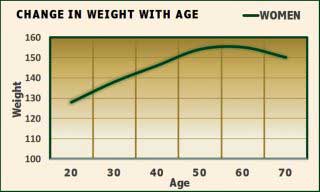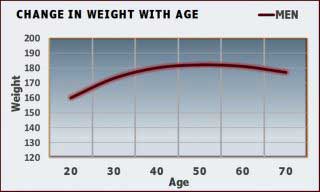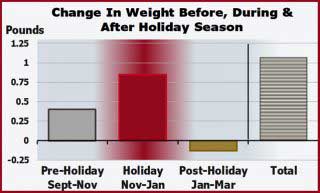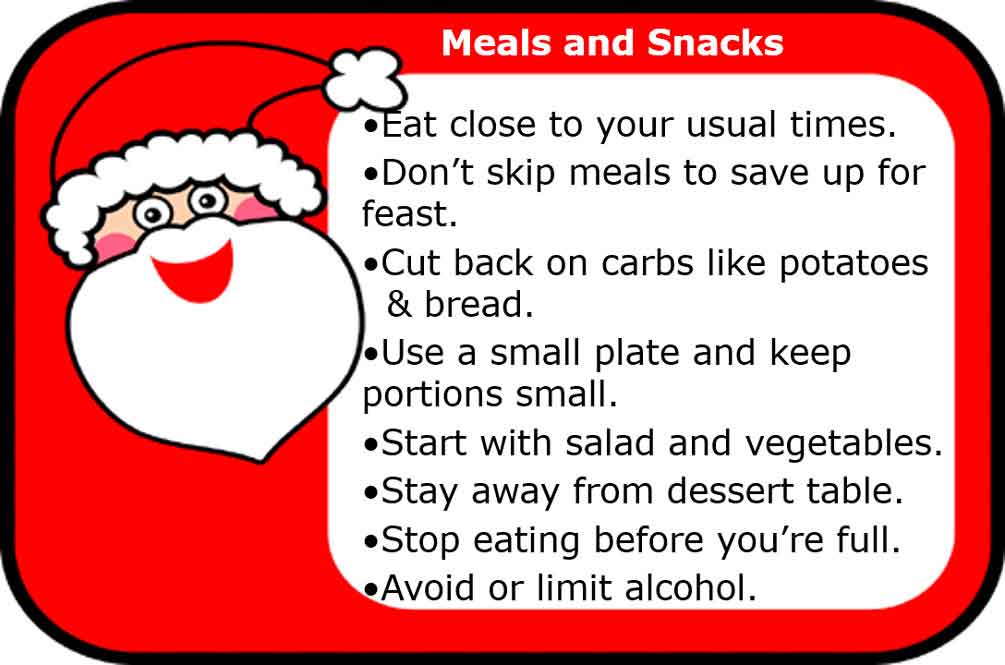Telehealth Reverse Diabetes And Avoid Holiday Relapse | Free Trial In Texas

Holiday weight gain, a pound or two, doesn’t sound like much. But it probably was fat. If you weigh more than you should, you may have gained several pounds of fat.
The good news is you can prevent gaining any weight at all.
Let us help you enjoy the holidays without annual weight gain.
To learn more about programs Herd Healthcare offers, our website is:
www.herdhealthcare.com
Change In Weight With Age
Between 30 and 50 years of age, many people gain weight. Typically about 1 pound every year. At the same time, almost everybody loses muscle mass. Even when exercising regularly. That muscle mass is replaced by fat. As a result, almost everybody increases body fat.


Since fat uses less calories than muscle, we need fewer calories. If we keep eating the same, year after year, we keep storing more and more calories and gaining weight.
 Unless we work at it, we lose muscle mass. If we keep overeating, consuming calories we don’t need, we keep gaining weight. Calories stored as fat.
Unless we work at it, we lose muscle mass. If we keep overeating, consuming calories we don’t need, we keep gaining weight. Calories stored as fat.
Middle age brings change to everybody. Changes in hormones occur for both men and women. Men produce less testosterone and lose the natural tendency to build and maintain muscle. Women produce less estrogen causing less muscle strength and reducing muscle mass.
Loss of muscle mass for almost everybody balances the gain in body fat. Weight stays about constant while % body fat increases even more than loss of % skeletal muscle.
Change in physical activity also decreases muscle strength and muscle mass. Less exercise decreases the positive feeling of good physical health. The effects of good exercise get replaced by stimulating effects from eating foods that are salty, fatty and sugary. Food with extra calories that don’t get used for physical work.
 Beyond 60 years of age physically inactive people can lose 2 or 3 pounds of muscle every year. That causes weakness and loss of mobility.
Beyond 60 years of age physically inactive people can lose 2 or 3 pounds of muscle every year. That causes weakness and loss of mobility.
Doesn’t seem like much to gain 1 or 2 pounds every year. The problem is how and when and why that increase occurs. Losing muscle and increasing fat is really what we’re worried about.
Change In Weight Every Holiday Season
Every year, almost everybody gains 1 or 2 pounds of fat. It’s most obvious in younger adults. They lose the least amount of muscle. Reports from many population studies indicate that the most weight is gained during the holiday season. That tendency has been checked by investigators in the National Institute of Health here in the US.
A study of 195 men and women between 18 and 83 years of age was conducted  from September to March. Their average Body Mass Index was 26, about the same as the average for the US population. Approximately 27% were overweight and 21% were obese. Body weight was measured during September and October, again during November and December, and finally between January and March. There was no additional weight change between March and the following September.
from September to March. Their average Body Mass Index was 26, about the same as the average for the US population. Approximately 27% were overweight and 21% were obese. Body weight was measured during September and October, again during November and December, and finally between January and March. There was no additional weight change between March and the following September.
As shown in the Figure, the average increase in weight was about 1.25 pounds from September to January. This was followed by a small decrease between January and March with a total overall average increase of about 1 pound for the whole study group.
 Those who were overweight or obese to begin with gained the most. More than 10% of them gained more than 5 pounds. With little reduction during the following 3 months.
Those who were overweight or obese to begin with gained the most. More than 10% of them gained more than 5 pounds. With little reduction during the following 3 months.
Decrease in physical activity went along with the gain in weight. The few who increased their exercise actually had a slight decrease in their weight. We know that all the increase in weight must have been fat and water. None was likely to be increase in muscle mass.
Preventing Holiday Weight Gain
Self-weighing to avoid gaining weight has been tested in the US and the UK. Both studies were done between October and February.
The US study recruited 111 men and women divided into two groups. The intervention group was provided with weight scales that transferred data via WiFi and they received graphical feedback. They were just told to try not to gain weight above the baseline weight. The control group were not given any instructions.
The intervention group had little change in weight. Individuals who were overweight or obese actually lost weight and those with normal weight had no change.
The control group gained more than 5 pounds in weight. During the follow-up period, the control group lost some weight but retained more than half of what they gained.

The UK study recruited 272 men and women divided into two groups. The intervention group was instructed in regular self-weighing and recording. They were also given information on good weight management strategies. The control group received a leaflet on healthy living.
The intervention group had no change in body weight and the control group gained about 1 pound. Those in the intervention group on the average weighed themselves at least twice weekly.
Success with self-weighing in both studies was associated with prevention of holiday weight gain.
Strategy To Avoid Holiday Relapse


The best gift for a Wonderful Holiday Season is Your Own Good Health! Take pride in what you’re doing. Seize the opportunity to start the New Year better than ever.
 We are pleased to share our blog articles with you, and we are always interested to hear from our readers. Our website address is: www.herdhealthcare.com
We are pleased to share our blog articles with you, and we are always interested to hear from our readers. Our website address is: www.herdhealthcare.com




